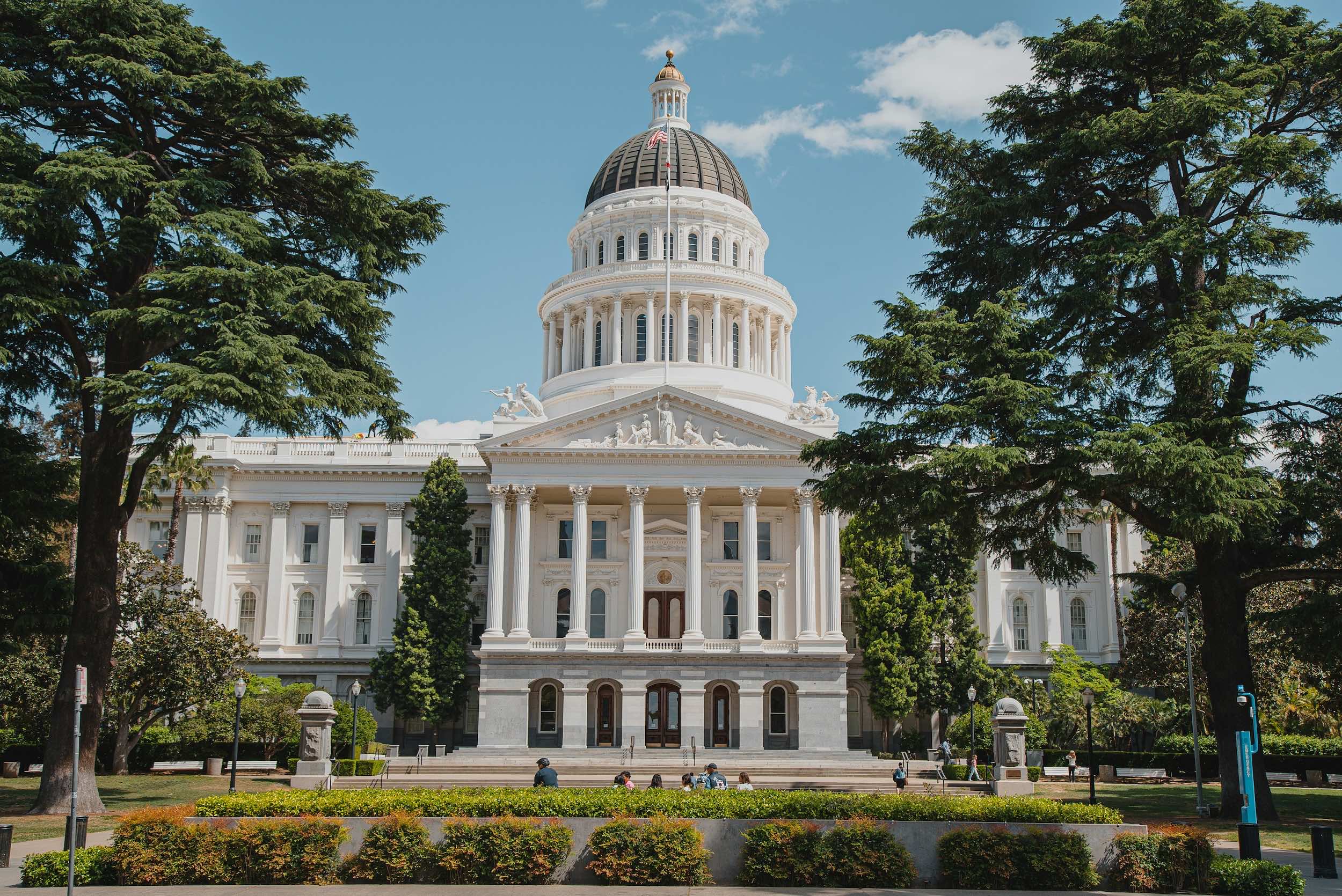Sacramento Bans “Hidden Fees”
The Pandemic brought major challenges to the restaurant industry. Restaurants had significant challenges keeping enough experienced serving staff. Fewer servers had to tend to more tables.
Operators faced challenges with pricing and with retaining labor. We wrote about this along with “tipflation” in June: When the U.S. was coming out from under all the lockdowns and covid restrictions, some restaurants added a “service charge”. The idea was that it allowed the back-of-the-house staff to get the benefit of “tipping.” The service industry was impacted dramatically by the pandemic, and most customers were glad to support them in the early days. Some businesses, however, have kept the service charge, and you are expected to tip as well.
Customers really didn’t like it. Many staff didn’t like it because either they thought they should get more, or wait staff would see their tips disappear or the percentage decrease.
Which Businesses?
The momentum for the law came from these service fees from restaurants, but other consumer businesses will be affected. According to the FAQ published by the California Attorney General’s office:
The law applies to the sale or lease of most goods and services that are for a consumer’s personal use. For example, it applies to event tickets, short-term rentals, hotels, restaurants, and food delivery, just to name a few prominent industries. The law does not apply to the purchase or lease of goods or services for commercial use, or to certain other specified transactions and industries that are already subject to other laws governing pricing.
What Does it Mean?
Restaurants will have to list any service fee associated with any menu item in the price. It doesn’t mean a business can’t charge the fee, it just means anything like a service fee has to be included in the price.
Delivery
Delivery fees are more complicated. A restaurant with its own delivery option can list delivery as a separate item since a consumer could order the same item for pickup.
A third-party delivery service has different constraints, again according to the state’s FAQ:
Food delivery platforms are subject to special requirements under Business and Professions Code section 22598 et seq. when they list the prices charged by a restaurant from which they deliver food, and this law does not change those requirements. But when the food delivery platform advertises the price of the delivery service that it provides, it must advertise the full, all-in price of the delivery service.
The Idea Behind It
California’s new regulation is meant to make it more difficult for restaurants and other businesses to disguise price increases by price increases by framing increases as fees intended to pay for specific costs or worker benefits. Often the income from service fees goes directly to the business, rather than workers.
Should it be Broader?
It is interesting to note that this bill does not seem to apply to airlines. Airlines theoretically may comply with the idea of it though already. The airline can claim that the price of the ticket only includes a seat, however small, and doesn’t need to include room for your carry-on, your coat, or your legs. … maybe someone should write their state representative?



Recent Comments